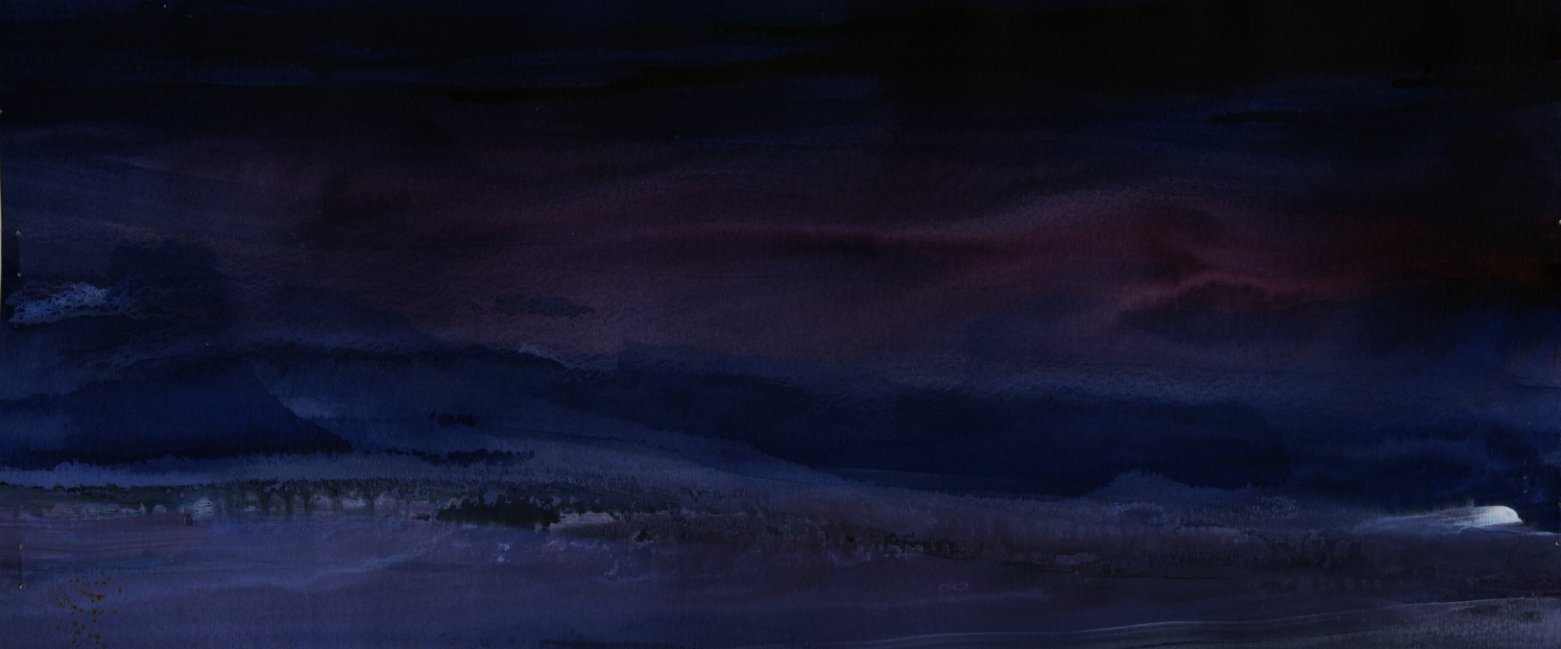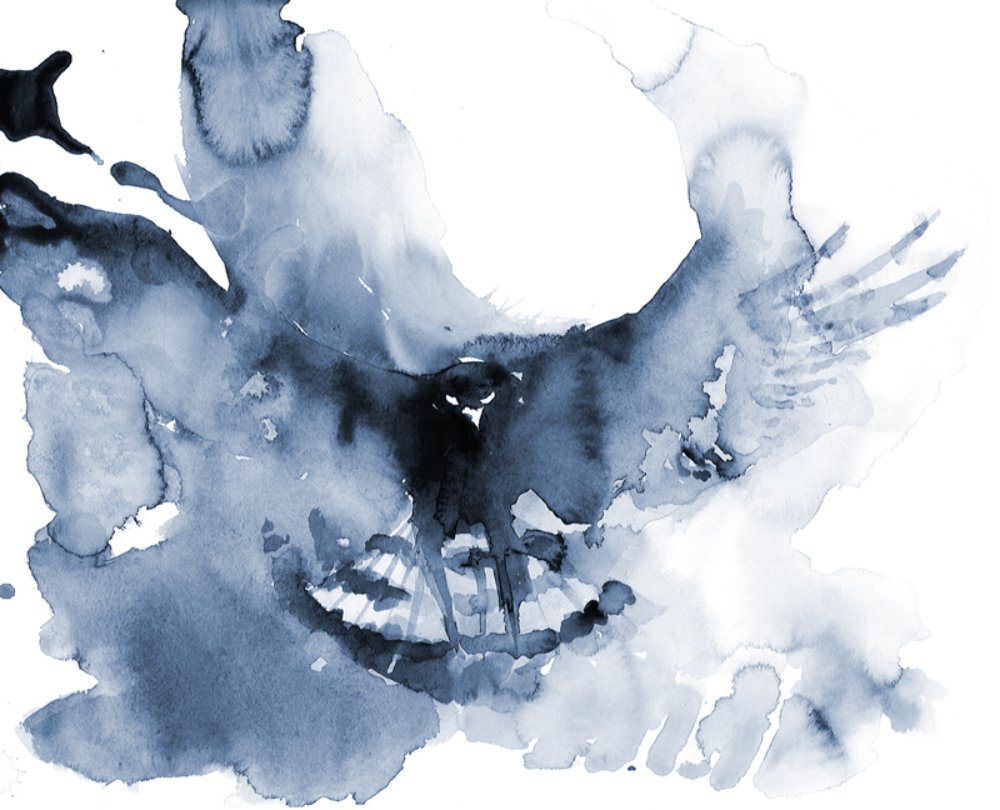

A Pause For Beauty
One ought every day at least to hear a little song, read a good poem, see a fine picture,
and if it were possible, to speak a few reasonable words.
- Goethe
. . .
Self-mastery as a key to creating a unique life
“The paradox seems to be, as Socrates demonstrated long ago, that the truly free individual is free only to the extent of his own self-mastery. While those who will not govern themselves are condemned to find masters to govern over them.”
- Steven Pressfield, The War of Art

Besides being at one with himself, the person ruled by reason also enjoys calm, while the desiring person is constantly agitated and unquiet, constantly pulled this way and that way by his cravings. And this in turn is connected to a third difference. The good person is collected, where the bad one is distraught. The first enjoys a kind of self-possession, of centering in himself, which the other wholly lacks, driven as he is by endless desire. Plato constantly stresses the unlimited nature of desire. The curse of one ruled by his appetites is that he can never be satisfied; he is dragged ever onward. The desiring element, says Plato, is `by nature insatiable.'
The mastery of self through reason brings with it these three fruits: unity with oneself, calm, and collected self-possession.
- Charles Taylor, Sources of the Self
Journal Notes
In working on the book “Creating A Unique Life On One’s Own Terms”, and striving to create my own unique life, I’ve come to understand self-mastery as the single most important, most difficult, challenge. Yes, creating your art in your own way, creating your own unique business, requires mastering a skill, an art, but the first requirement is mastering yourself. I encounter that time and again as I study the lives of those who have been successful in their own unique endeavors. Self-mastery requires self-discipline. Focus. It requires working through distractions. In the skill-building phase, it means perseverance through failure, through monotonous repetition. We are surrounded by a myriad of distractions, many generated by the internet. Those distractions are a lot more fun than failing, day after day, as we build our skill level toward mastery. Maintaining your faith in yourself through rejection after rejection, keeping your eyes on the objective, requires self-control. And self-mastery requires a constant checking in, a constant communication with your deeper levels of consciousness. It is not easy, but on the other side lies deep satisfaction and accomplishment.
I have always believed in living a good life, aiming myself -- oh, how shall I put it? -- aiming myself true. . . I try to live right. I always try to adhere to what I think is right, and that, to me, is the most important part of creative work. Fashion comes and goes, but my pieces have to have the integrity of my vision.
Maloof derives his strength from resorting to something outside himself, from an appeal to an honorable code of conduct, an elevated sense of order, to a deep, abiding faith. He lives an ethical, right-minded life and cites integrity as the most important part of his work and of his creativity.
Sam believes in the unseen influences that guide him. That is the source of his risk taking, of his courage to create. He gives a quiet thanks, he shows respect, he behaves in the most correct way he knows how, and then he sits down to make a piece of furniture.
- Furniture-maker Sam Maloof, as quoted in the book Uncommon Genius by Denise Shekerjian.
Integrity, an important part of self-mastery, is not easy. Integrity involves the sacrifice of the short term for the long term.



